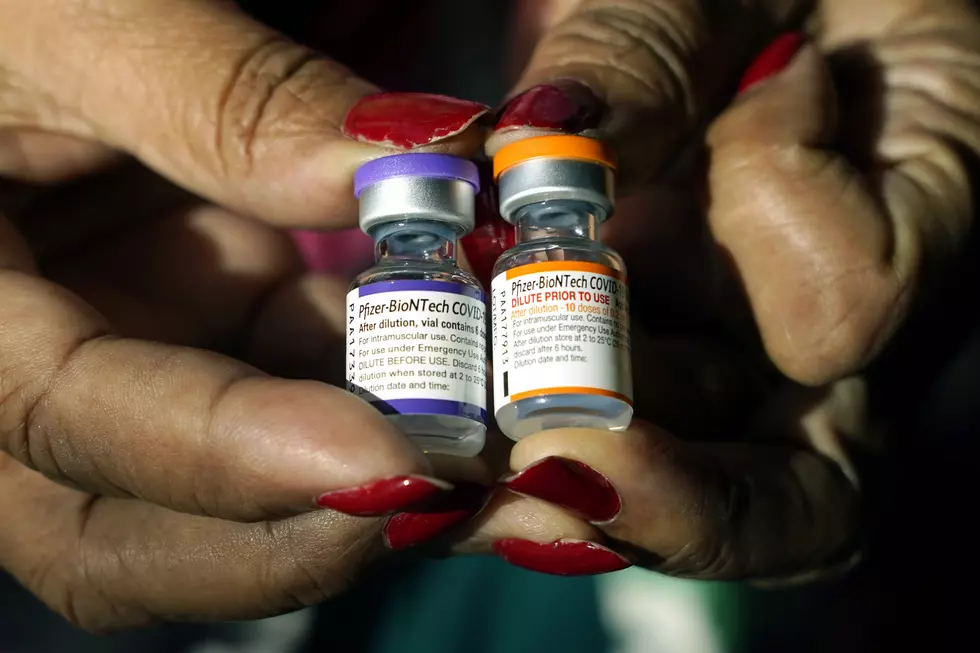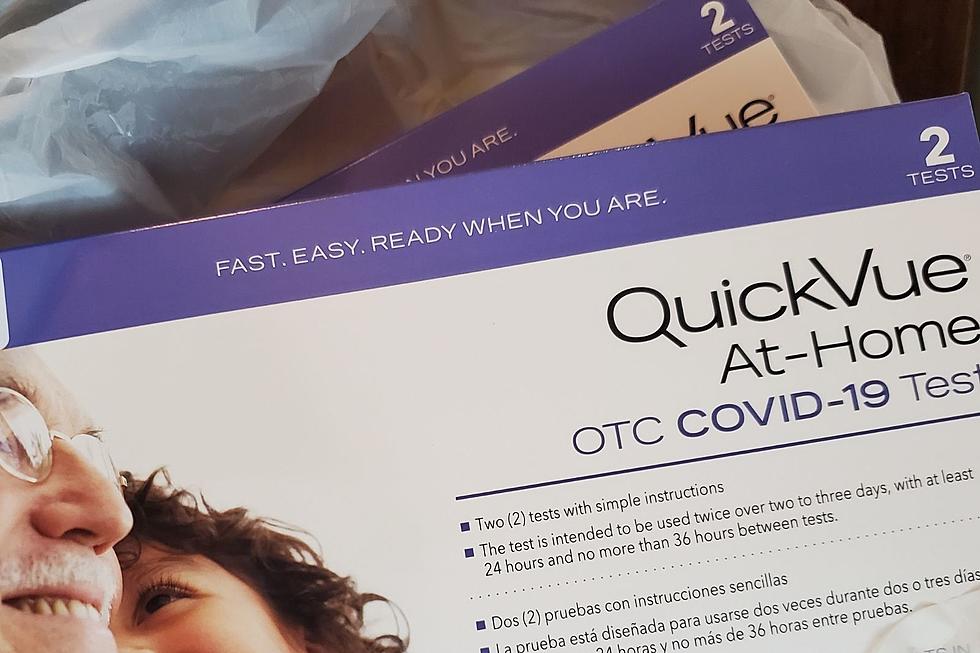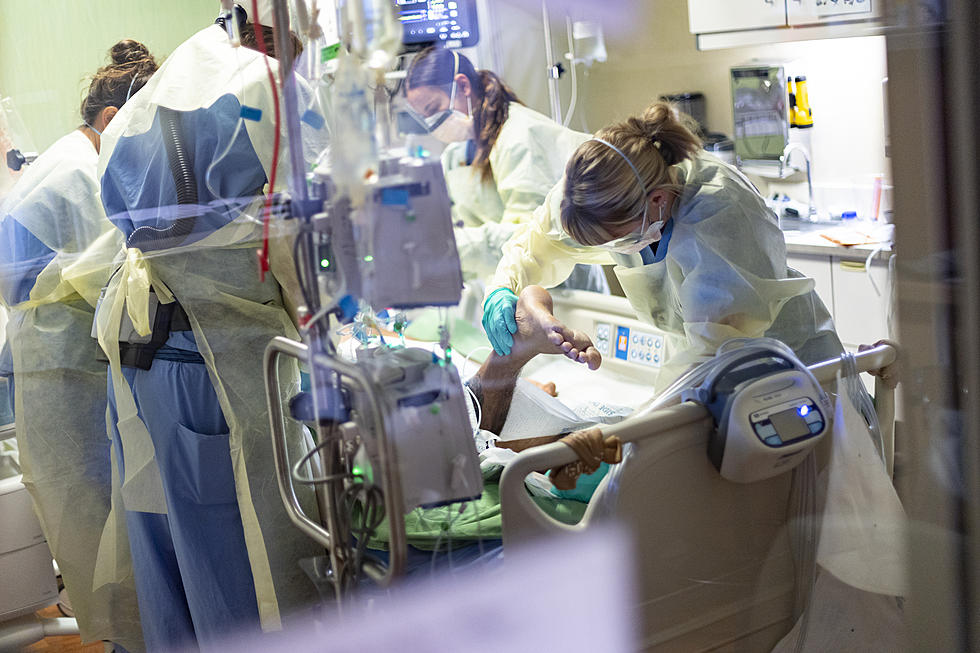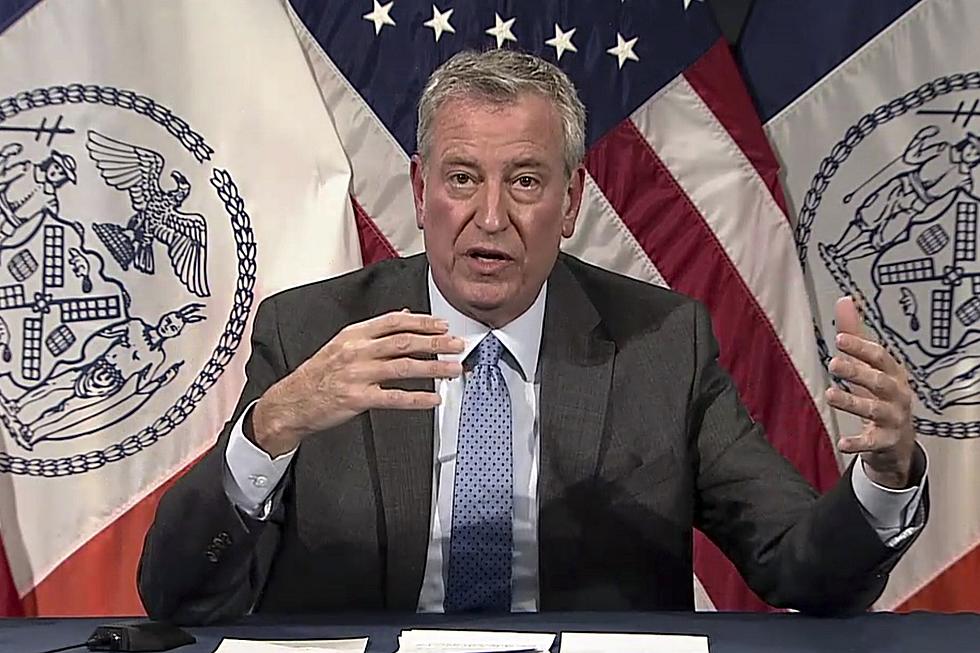
COVID vaccine shows drug roll-outs could happen faster, researcher says
The COVID vaccines were created, tested and produced faster than any vaccines in history. Experts believe this could speed up development of many types of vaccines and medications moving forward.
Reynold Panettieri, vice chancellor for translational medicine and science at Rutgers University, said what we have learned during this pandemic is “our ability to stand up clinical trials that are very carefully crafted and regulated can be done in a virtual environment.”
“We are going to substantially shorten the ability to do clinical trials in the future. I think a virtual platform is one that will be here to stay," he said.
He noted the development of the COVID vaccines was an “all hands on deck,” unprecedented emergency effort with massive resources. Other drugs and medications will not get this kind of across-the-board-support but the process should still be accelerated.
Before the pandemic the vast majority of clinical trials for medications like the COVID vaccines were carried out in offices, clinical spaces and research units. But after the COVID health emergency began, things shifted “to people’s homes and were carried out in a virtual environment, Panettieri said.
Panettieri said participants in the clinical trials did not want to travel to hospitals and other locations because of concerns about COVID. Tens of thousands of participants were recruited for the clinical trials in a matter of months, not years.
“And I think we’re going to get a lot more people hopefully engaged in research to become participants so that we get drugs out into the environment faster," he said.
He said the next example of this likely will involve the testing of COVID vaccine booster shots, which could start rolling out early next year.
Strange NJ Laws You've Never Heard Of
More From 92.7 WOBM










